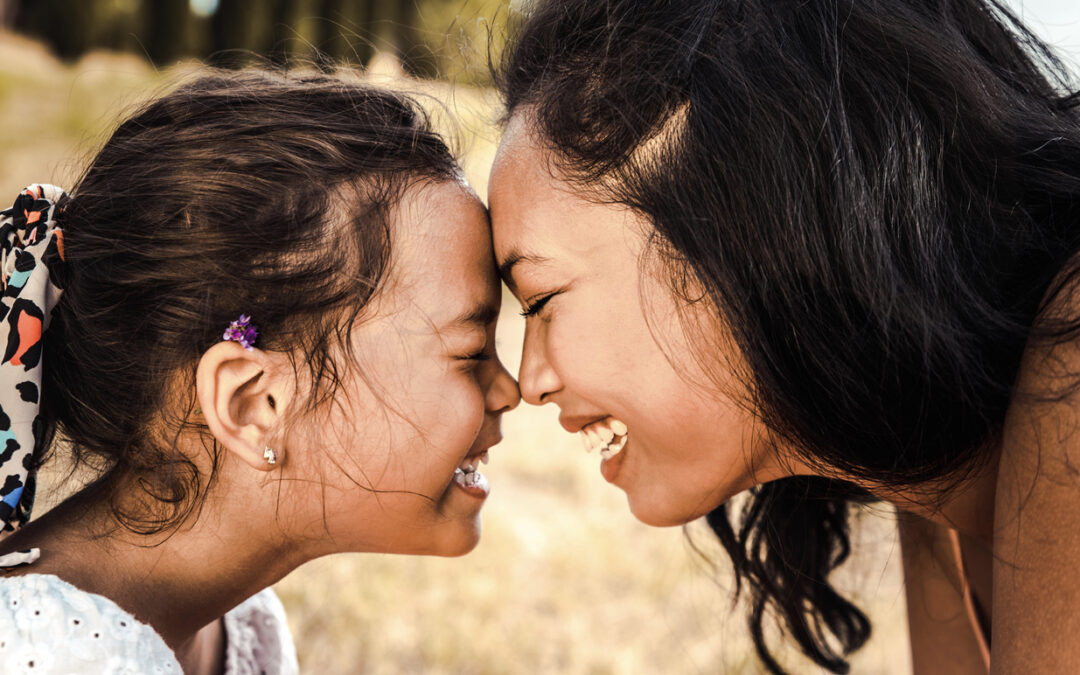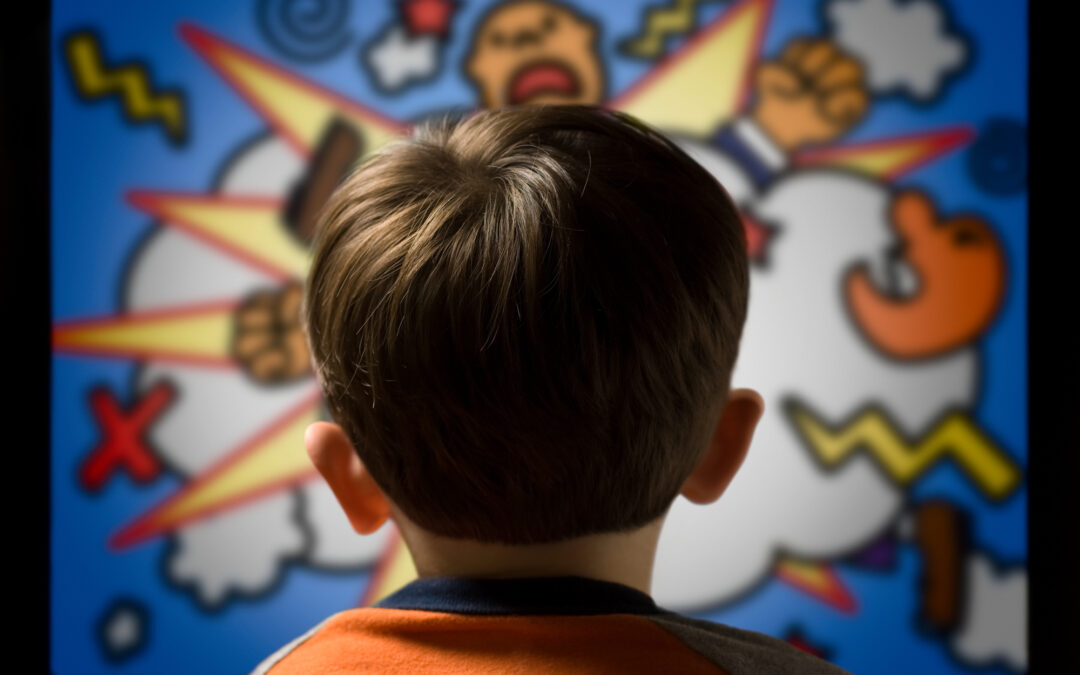Children today are confronted with a baseline awareness of violence higher than most adults can imagine. “Remote violence” refers to exposure to highly violent images and stories, without experiencing the violence first-hand. In essence, this is the increasing awareness children hold that something could happen to them, even if it hasn’t yet. With monthly mass shooting drills in schools, awareness of police brutality against individuals and at peaceful demonstrations, and constant media coverage of physical and emotional violence, it’s nearly impossible for this to not reach a child in some way. It’s crucial that we find ways to talk about it to help them process, ask questions, and reaffirm our commitment to keeping them safe. There is no one right way to have this conversation, but keeping these three tenants in mind can help you create a framework to apply to the situation at hand. I’ve kept this purposefully simplistic; as much as I wish there were a script I could hand you, each conversation, each event, will demand a different response. It’s better to have a conversation, even if it doesn’t feel perfect to you so release the expectation that you’ll know exactly what to say, and focus your efforts on maintaining just these three principles:
- Be developmentally appropriate
- Be honest
- Be regulated
Be developmentally appropriate:
How you talk about events like this will vary widely based on the age and development of your child. A 3-year-old may not need to be told anything, whereas an 8-year-old will likely require a conversation. Try to match the child’s level as closely as possible, and be prepared that they may have witnessed content or conversations what were not developmentally appropriate (overhearing adult conversations, hearing teachers at school, catching a news segment on the bus or seeing a newspaper on the street). Younger children may ask questions in an attempt to understand something outside their normal experience, while older children and teens may not need information or answers to questions as much as reminders of security and support.
Be honest
You don’t need to have all the answers are tie things up perfectly, it’s an unrealistic goal that will leave you feeling like you’ve failed despite doing the best you can. In many ways, telling your child you don’t know something (when you truly don’t) helps them trust what you’re saying and offers an opportunity to seek that information together or process the uneasiness that comes with not knowing. Except in very young children, try to resist the urge to promise safety at all times, or to lie and come up with a reason why scary things won’t ever be part of their experience. Oftentimes children are aware that an adult can’t ensure this, and they’ll wonder what else you aren’t telling them. Instead, focus on the aspects of safety they do have- in you and other trusted adults, in the protocols and procedures of their school and other environments, community resiliency, training of those in positions of protection, etc. Kids need our honesty, but again, a developmentally appropriate version of that honesty.
Be regulated
Out of the three, this is easily the most important. It can be incredibly difficult to manage your own distress while being present for your child. If you feel you aren’t in a place of emotional regulation, wait to have this discussion until you can. For younger children, seeing their parent highly distressed is confusing and scary. For older children, it can put them in a state of overwhelm or lead to a feeling of responsibility to care for their adult’s emotions. Neither of these options offer space to process their own emotions. When we talk about emotional regulation, we don’t mean you need to pretend everything is fine (they’d see through the inauthenticity in that fairly quickly!) This only means that you’re in a place to hold space for the child’s emotions, even when they get heavy. Letting them know you feel the gravity of what’s happened is good, letting that take precedence when they need you for support is what we try to avoid. It’s even ok to engage your child in the coping strategies you use to get to that place of regulation, it will help you be most present for them, and model healthy coping strategies they can use when they were overwhelmed.
If you take one thing from reading this, please know that the specific words you choose in these conversations are significantly less important than how you show up in the conversation. Remember, your goal in these conversations is not to take their fear and pain completely away, only to guide them through it in a way that helps them feel as safe and secure as possible as they navigate a world that can be both scary and beautiful.

Teen Mental Health: Post-Pandemic Edition
It’s no secret that the pandemic has had profound effects on the mental and emotional well-being of our society. Rates of mental health struggles have skyrocketed in response to experiences of isolation, grief and loss, economic hardship, safety fears, and increasing...

Pride Month: How to Support Someone Coming Out
June is Pride Month, so let’s take this opportunity to go over some ways you can support the LGBTQ+ folks in your life if they choose to share their experience with you. Your response should vary based on your relationship dynamic, but in general, these are some rules...

After School Connection: Let’s Find A Better Option Than “How Was Your Day”
You’re with your kids at the end of the day and you want to connect with them, hear about their day, and be a resource for anything they’re struggling with. For most people, the question that slips out almost automatically is “how was your day?”. What comes next is...

Why Setting a Strong Female Role Model is Important for Your Daughter
Every Halloween, little girls all over the country choose costumes that reflect what they want to be when they grow up. And each year we see many girls choosing to dress as princesses and fairies, kitty cats and maybe the odd super hero. Rarely do we see young girls...

The Mental Health Dangers of an Over-Stuffed School Schedule
For their teens to succeed as adults, many parents (and teens) think they must be involved in numerous extracurricular activities. Perhaps we believe this abundance of activities will foster a sense of pride and accomplishment. Perhaps parents are hoping to keep teens...

